Get a best value annual BarefootRoar subscription to keep up to date with innovative new digital content throughout 2024
Worldwide Roar is now BAREFOOT MAN! Learn more
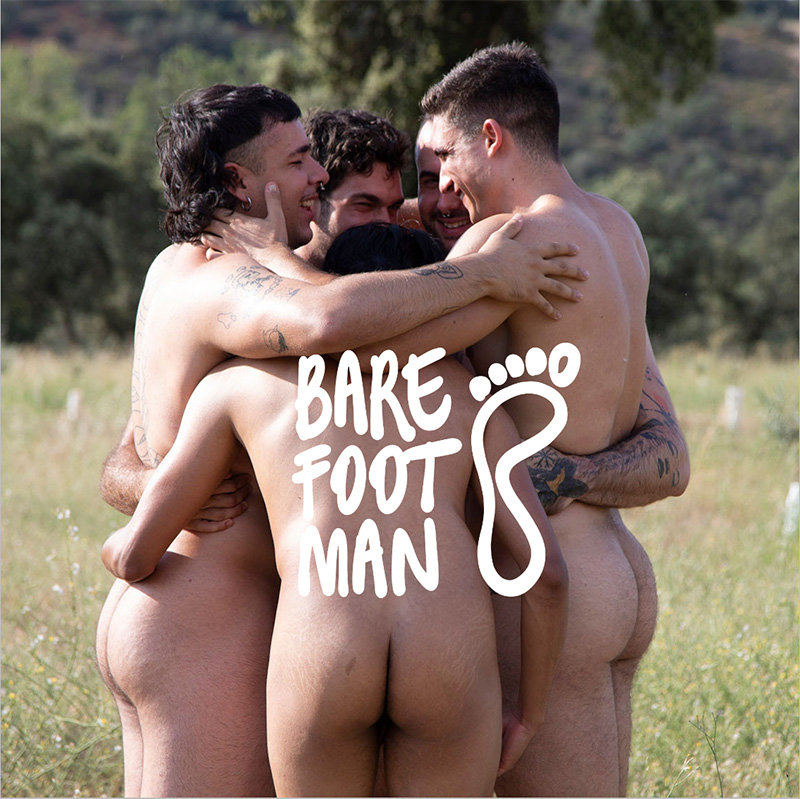
Stay up to date with our latest news, competitions and offers. We look forward to staying in touch.
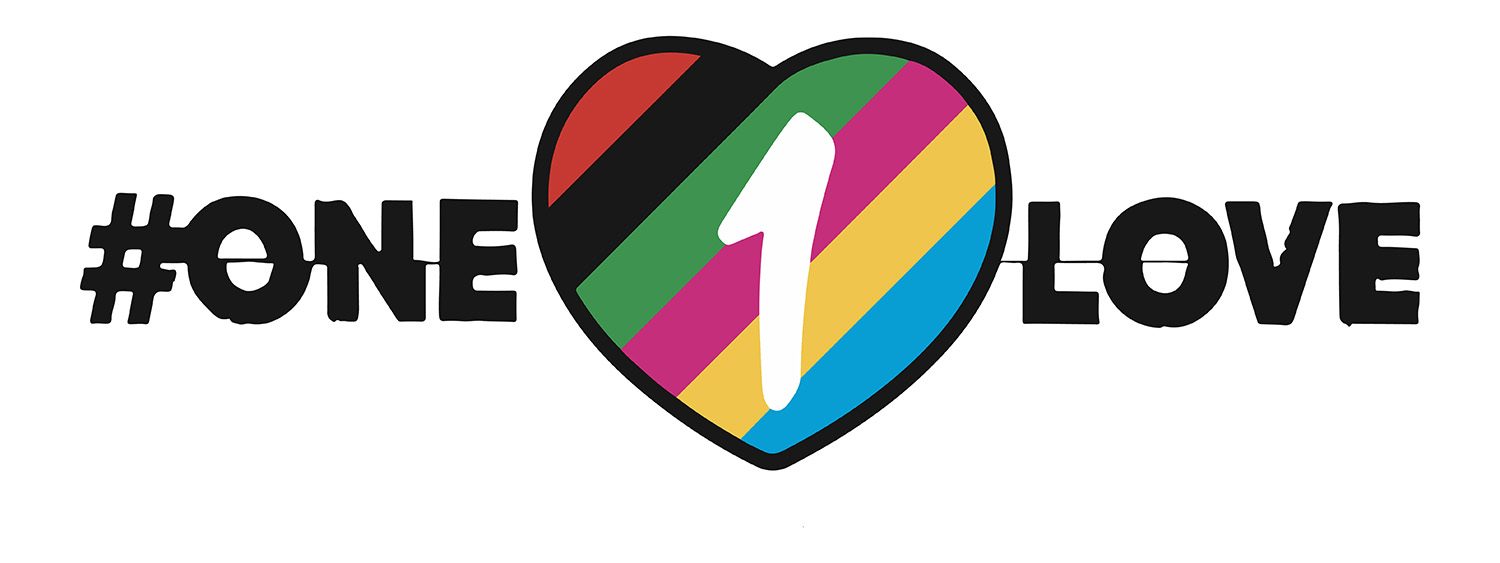
06.12.22
Angus Malcolm recently responded to questions from the Thomson Reuters Foundation regarding the Qatar World Cup:
Why is the LGBTQ+ community so angry about the World Cup being held in Qatar?
Because it is such a stark example of how money is more important than human rights – and not just LGBTQ+ rights. This project raises concerns about racism, misogyny and modern slavery.
For LGBTQ+ players and supporters, and their many allies within the sector, FIFA is showing the opposite of the leadership role we believe sport must fulfil. Sepp Blattr’s comments typify a ‘not our problem’ attitude that simply does not cut it anymore.
What is Sport Allies’ opinion about LGBTQ+ rights in Qatar?
We have to consider LGBTQI rights globally. Many countries and cultures are in different places regarding gender and sexuality. Wherever Qatar sits on the spectrum in this context, they have attracted the spotlight by seeking and winning the right to host a major global event. On that basis, they have no right to complain that they are being criticised for their rights record now. They must reflect that they have been included in a global conversation at their own request.
I hope that one day they as a country will look back on the World Cup as the moment when real progress towards freedom began for their LGBTQI community and for the wider population. Only time will tell. The rest of us must consider human rights issues when making decisions about the hosting of global events – as a human rights promotion charity, we believe that most situations can be learning opportunities.
What should footballers/football teams competing in the World Cup do in terms of showing their opinion/disapproval of queer rights in Qatar?
We strongly supported silent visual disruption such as the armbands for captains and other peaceful gestures. Our funding project the Worldwide Roar has been doing this for fourteen years. WR asks male athletes to embrace public nudity as part of an experiment to change perceptions of sporting culture and highlight the difference in how our society looks at men’s and women’s bodies. We can be creative and impactful by being resourceful, just as Joe Lycett has been?
Should they be going full stop? Does Sport Allies support a boycott – as many LGBTQ+ football fans groups do – of the World Cup?
If there are going to be any people in the room, I think it’s probably better to be there with them, making yourself heard.
It’s also unfair on the players and the many support workers who might only have one opportunity to take part in a World Cup. The problem is FIFA’s decision, and the corrupt, dysfunctional culture that produced this outcome. Only FIFA and its most deeply implicated enablers should suffer the consequences.
And, overall, will the spotlight on queer rights in Qatar over the duration of the championships actually change anything – both in Qatar and the Middle East more broadly?
Change starts with seeing the problem. This is a chance to raise the bar for sport and hold its feet to the fire. It is a bang up-to-date, 2022 textbook example of what happens when sport fails to play a leadership role in society. The players and supporters who have put their faith in this culture have been badly let down.
At Sport Allies and our fundraising project, Worldwide Roar, we have been proving for years that sport can do better! Sport can lead change and it can reward its supporters by ensuring they get the support they deserve in return.
Hopefully, both locally and globally, this World Cup will offer a platform that gives people a glimpse of life beyond their own cultures – both those of us who are complacent about our rights and those of us who have not yet dared to believe it can get better.
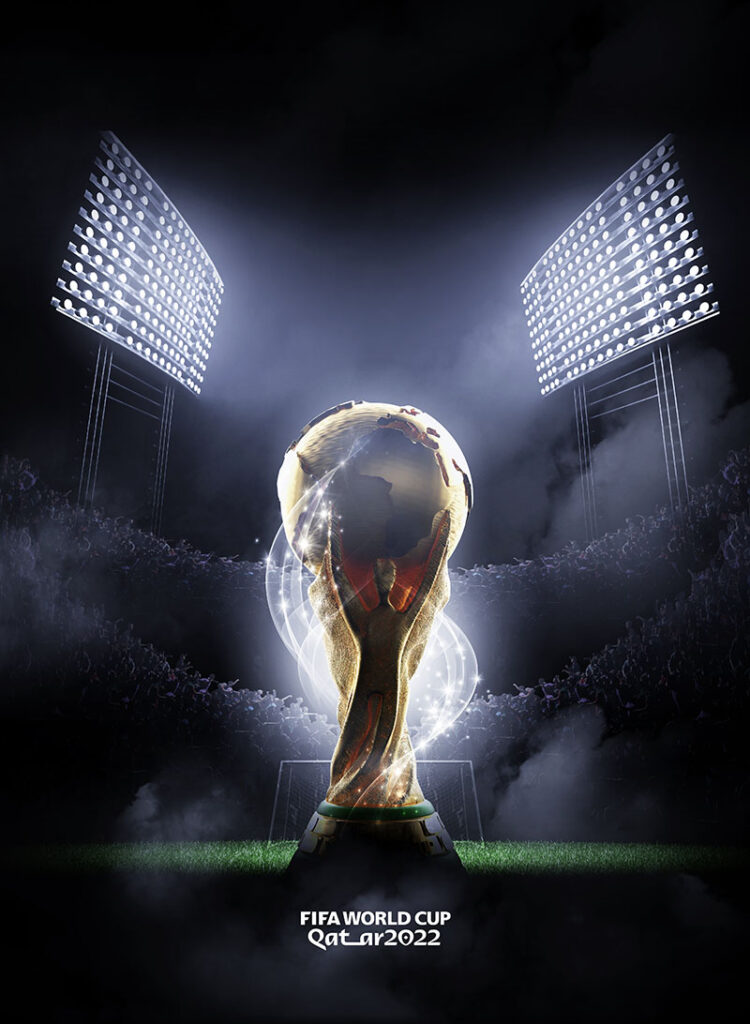
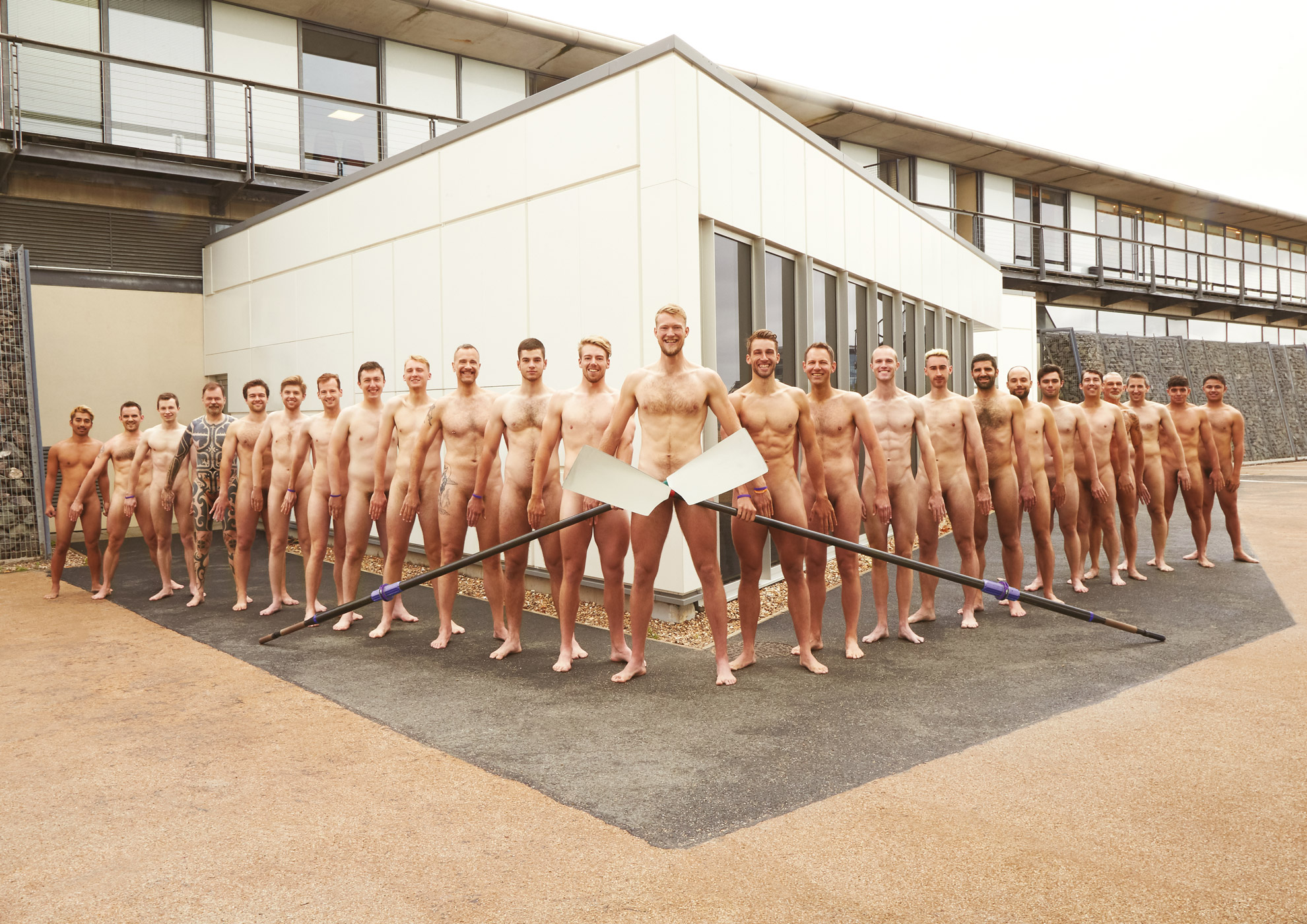
A Story by Chat GPT4 In 2040, the Olympic Committee was facing a crisis. Viewership had plummeted, and public interest...…
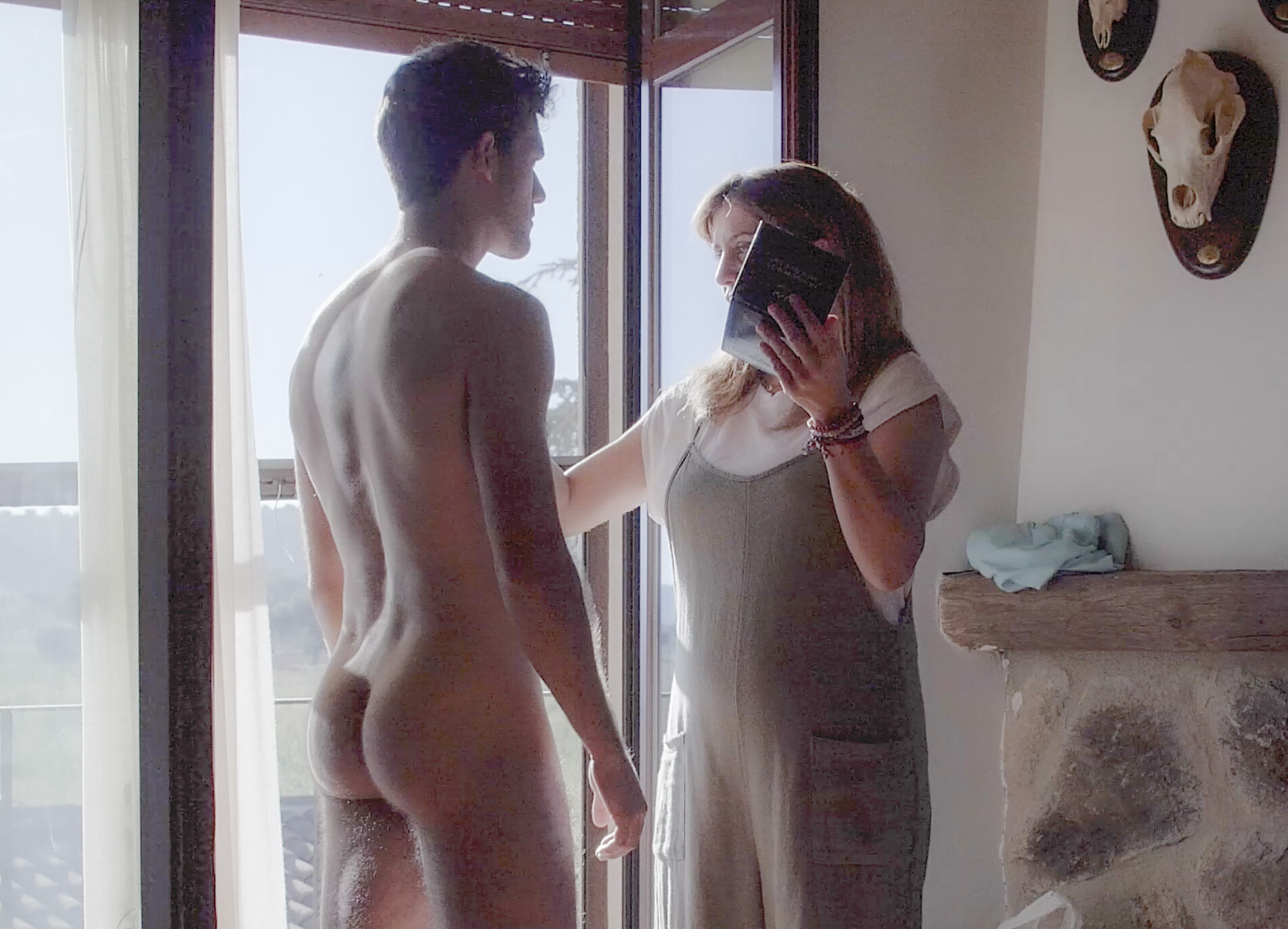
Barefoot Man cares about how we look at the naked body. That includes addressing the lack of gender parity in...…